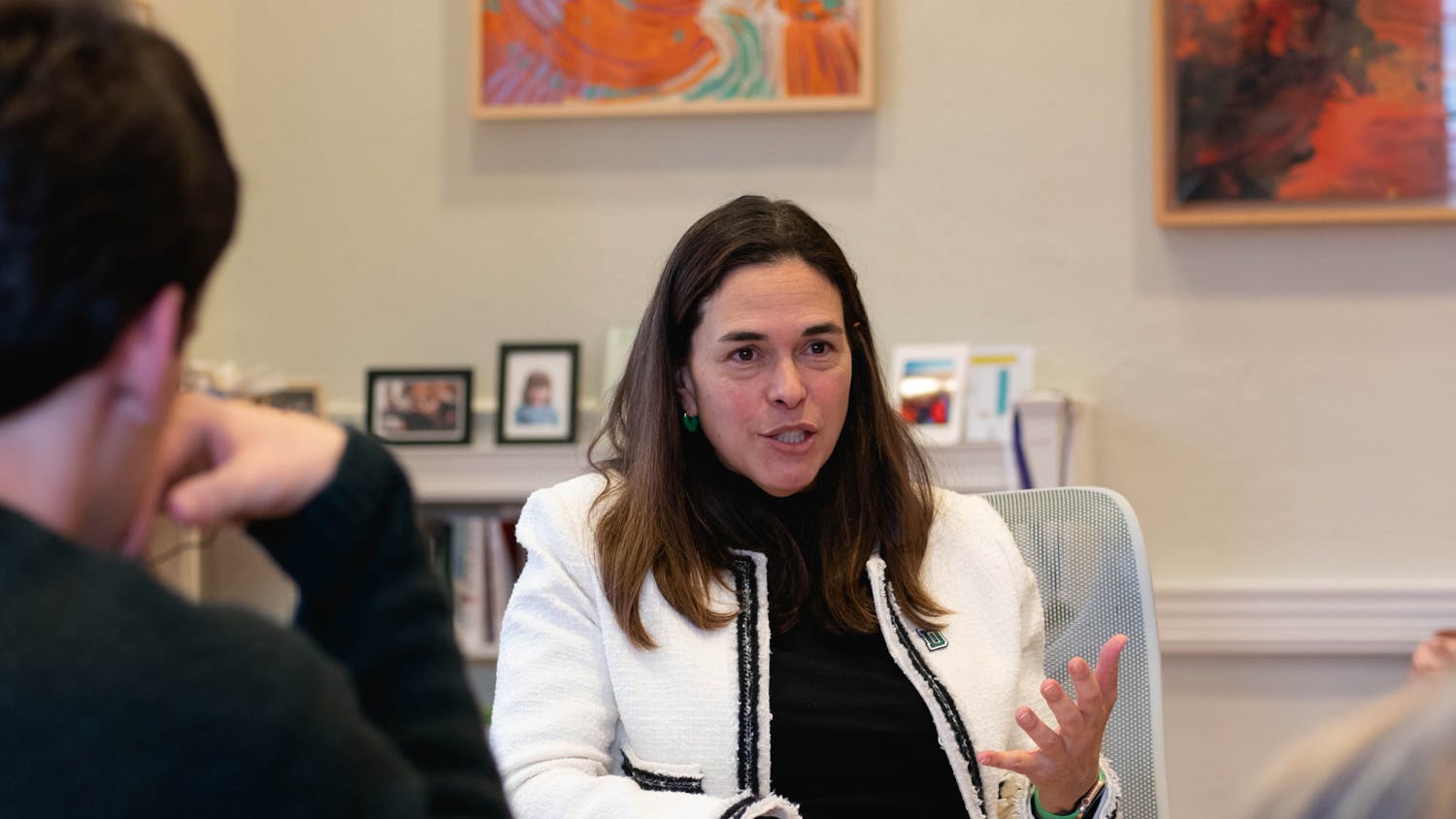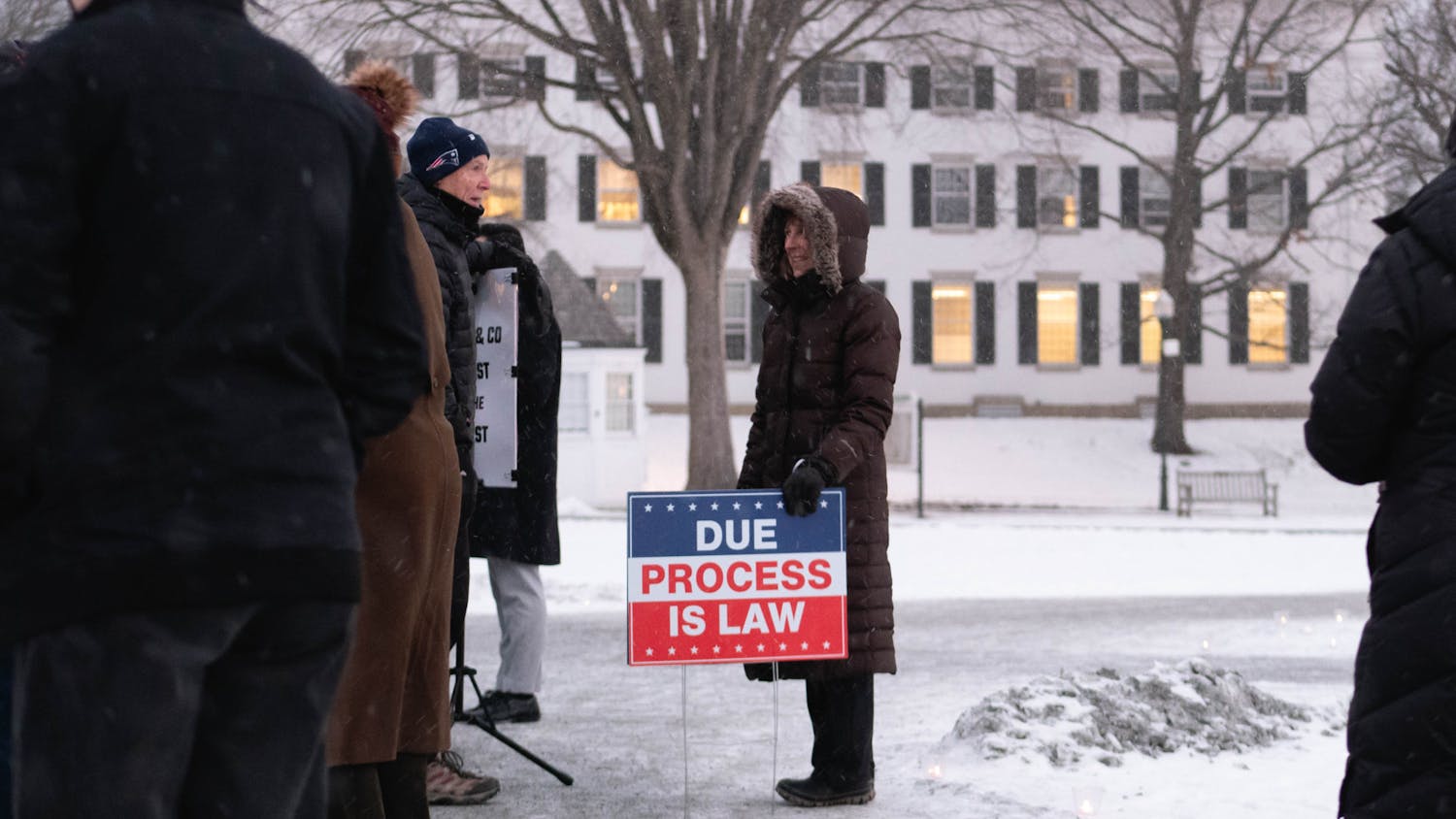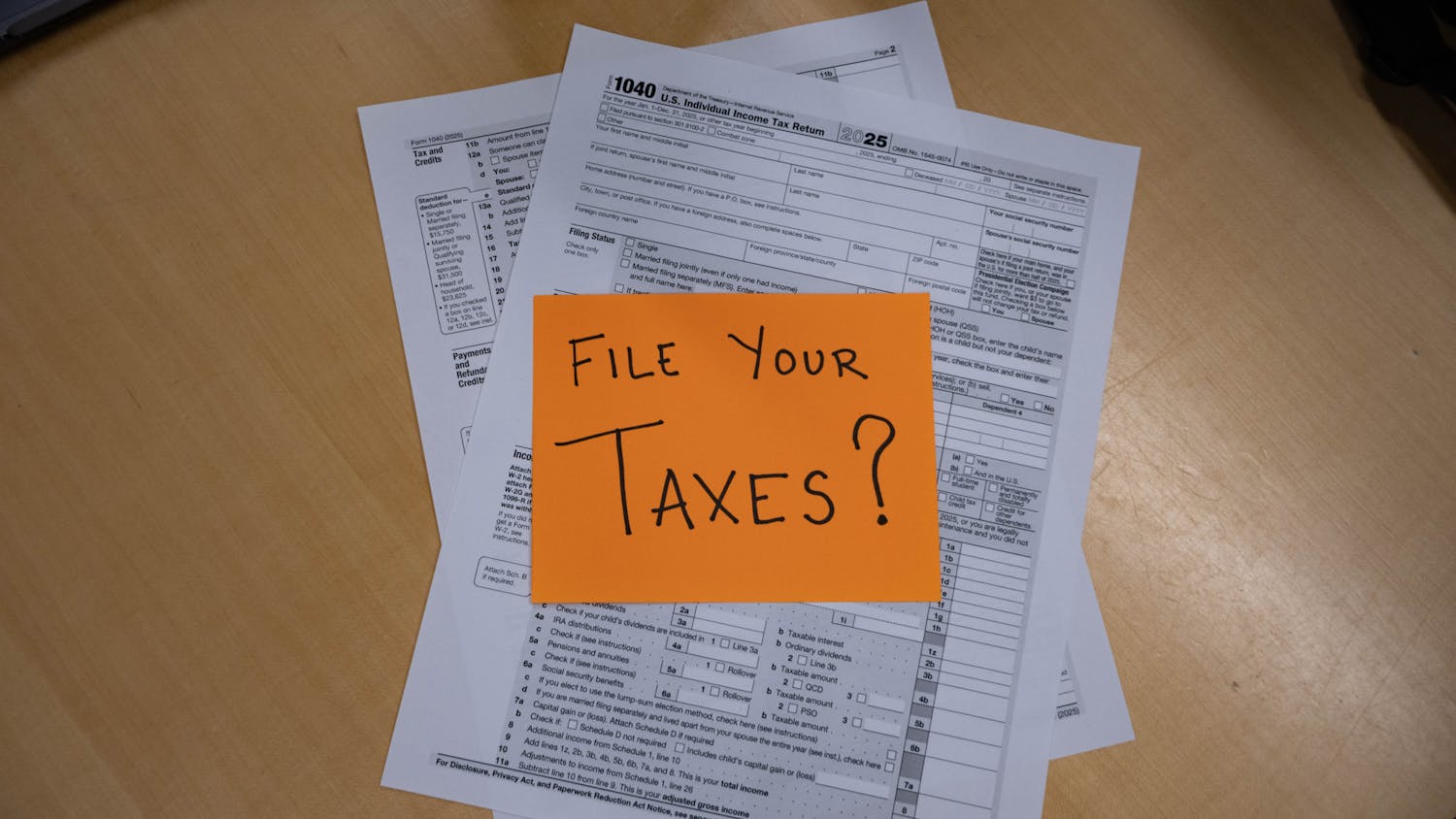A weekly discussion group will examine the model minority stereotype, cultural expectations of masculinity and other issues faced by Asian and Asian-American students at Dartmouth.
Sarah Chung and Caroline Lee, a counselor and a psychologist in the College’s counseling and human development department, will facilitate discussion but allow participants to generate the conversational content.
Aeriel Ashlee, OPAL advisor to Pan-Asian students, said a large challenge that Asian and Asian-American students face in college is overcoming the stereotype that Asian students are extra high achieving. The model minority myth obscures the community’s actual needs and causes discomfort for students who may internalize the concept and accompanying pressure, she said.
Many Asian and Asian-American students have approached Ashlee about their experiences in Dartmouth’s Greek system, she said.
“There are definitely a number of students who have expressed concern about feeling excluded, or hearing about how they’re competing with other Asian women to get that spot in any type of sorority, for example,” she said.
Devin Chu ’14, an intern in the Pan-Asian student advising office, said he wants to talk about how the Asian community is perceived by other students and issues related to being a multi-ethnic and multi-generational Asian-American student at Dartmouth.
“Our community is viewed by many to be very homogenous,” Chu said. “It’s easy to assume that we’re all the same, but in reality we are very diverse.”
The group will offer students the chance to talk about their experiences as Asian and Asian-American students in a non-Asian culture, said program founder Da-Shih Hu, a counseling and human development psychiatrist.
Meetings will intentionally lack predetermined topics and a concrete structure, he said.
Students can only join the new group during its first two meetings, Hu said. He designed this policy to allow group members to develop a rapport with one another, not with the intention of excluding potential members.
Hu said the idea for the group occurred to him after conversations with two Asian students reminded him of his own experiences. One student had spoken about the issue of feeling masculine in an American society, saying that many Asian men do not have the usual qualities that are considered traits of ultra-masculinity in American culture.
Ashlee said she hopes the program will show Asian and Asian-American students that they are not isolated in their experiences.
“I’m really hopeful that this group will provide a venue for Dartmouth students to authentically share that vulnerability with one another, since being vulnerable isn’t something that is a huge part of Dartmouth culture right now,” Ashlee said.
Eight students have expressed interest in joining the discussion group. They will likely meet for the first time next week, with meetings continuing for the rest of the term, Hu said.
Around 16 percent of Dartmouth’s undergraduate student population identifies as Asian American, according to the Dartmouth College Fact Book.
Chu said the closed nature of the group provides an intimate space for sensitive discussion, and he hopes it will help him broaden his perspective on identity.
“I know how I identify as an Asian student at Dartmouth, but I’m looking forward to learning about how other people identify,” Chu said. “Hopefully we will be able to find commonalities between our experiences.”



